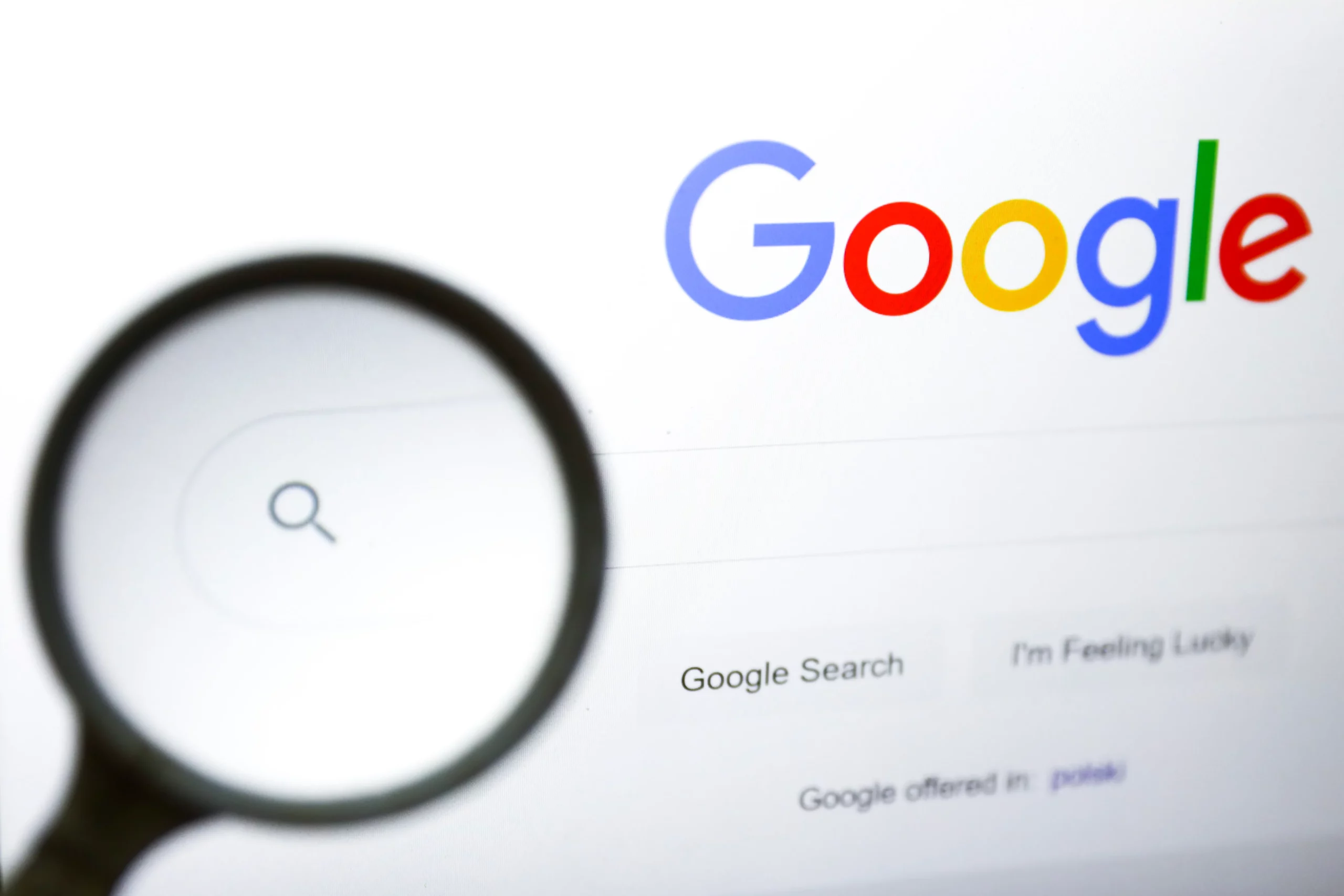
A federal judge ruled on Monday that Google has maintained an illegal monopoly in the search and text advertising markets, marking the first significant antitrust win against a tech giant in decades.
Judge Amit Mehta of the U.S. District Court for the District of Columbia found that Google violated Section 2 of the Sherman Act, which prohibits monopolistic practices.
Key Findings of the Landmark Case
The landmark case, filed in 2020 by the Department of Justice (DOJ) and a bipartisan coalition of attorneys general from 38 states and territories, alleged that Google sustained its dominance by creating substantial barriers to entry and maintaining a feedback loop that reinforced its monopoly.
The court focused on Google’s exclusive search arrangements with Android and Apple devices, including iPhones and iPads, which were deemed to have fortified Google’s monopolistic behavior.
Judge Mehta stated, “Google is a monopolist, and it has acted as one to maintain its monopoly.” The ruling found Google guilty of monopolizing both general search services, which pertain to its core search engine, and general search text advertising, which includes the text ads displayed alongside search results. However, the court ruled that general search advertising is not a market, thus excluding it from monopoly control.
Significantly, the court noted that Google paid $26.3 billion in 2021 to ensure its search engine remained the default on smartphones and browsers, which was crucial to maintaining its dominant market share. “The default is extremely valuable real estate,” Mehta wrote, adding that losing these defaults would significantly impact Google’s revenues.
Attorney General Merrick Garland called the decision a “historic win for the American people,” stressing that no company, regardless of its size, is above the law. White House press secretary Karine Jean-Pierre echoed this sentiment, describing the ruling as a victory for the American people and advocating for an internet that is “free, fair, and open for competition.”
Google Plans to Appeal Court’s Decision
Kent Walker, Google’s president of global affairs, announced the company’s intention to appeal the ruling. He emphasized that the court recognized the quality of Google’s products but argued that the decision unfairly restricts the company’s ability to make its products easily accessible. “As this process continues, we will remain focused on making products that people find helpful and easy to use,” Walker stated.
What Are the Possible Outcomes of This Ruling?
The ruling sets the stage for a second trial to determine potential remedies, which could include breaking up Google’s parent company, Alphabet. Such a breakup would significantly alter the landscape of the online advertising world, which Google has dominated for years. However, the remedy phase could be prolonged, potentially extending into 2026 due to possible appeals to the U.S. Court of Appeals and the U.S. Supreme Court.
Alphabet shares fell 4.5% on Monday amidst a broader decline in tech stocks and a wider stock market downturn driven by recession fears. Google advertising accounted for 77% of Alphabet’s total sales in 2023.
Big Tech Faces Increasing Antitrust Challenges
This case is part of a broader effort by federal antitrust regulators to rein in Big Tech. Other companies facing similar scrutiny include Meta Platforms, Amazon, and Apple. These cases, initiated under the Trump administration, reflect strong bipartisan support for antitrust enforcement. Senator Amy Klobuchar, a Democrat who chairs the Senate Judiciary Committee’s antitrust subcommittee, remarked, “It’s a huge victory for the American people that antitrust enforcement is alive and well when it comes to competition. Google is a rampant monopolist.”
When it was filed in 2020, the Google search case marked the first significant antitrust action against a major corporation in a generation. The last comparable case involved Microsoft, which settled with the Justice Department in 2004 over claims it forced its Internet Explorer web browser on Windows users.
Featured Image courtesy of Beata Zawrzel/NurPhoto via Getty Images
Follow us for the latest updates on Google antitrust case.
